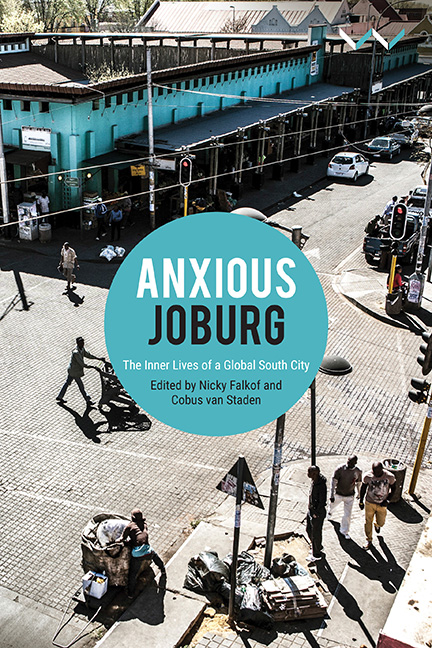Book contents
10 - Marooned: Seeking Asylum As A Transgender Person in Johannesburg
Published online by Cambridge University Press: 16 June 2021
Summary
When I come here for me, my perspective about South Africa is that it is a gay-friendly country … when I … get in the plane I was crying because I felt relieved. I say, ‘Oh my God!’ and I cried. There was a … woman on the plane who said, ‘Why are you crying?’ I know why I am crying. I know because I was feeling, when we land to Johannesburg I will say, ‘Thank you, God, now I am safe!’ (Alex, 10 August 2012).
South Africa is the only country on the African continent that recognises sexual orientation and gender – including gender identity and expression – as human rights, enshrined within the country's Constitution (1996). Although other countries across the continent have increasingly begun to decriminalise homosexuality, most recently Angola and Botswana, South Africa is the only country that offers particular rights and protections to transgender people, including access to affirming health care. In recent years, in part owing to these far-reaching constitutional protections, the country has seen the emergence of a relatively new class of refugee – those who identify as transgender or ‘gender refugees’. In essence, these are people who can make claims to refugee status, fleeing their countries of origin based on the persecution of their gender identity.
As the opening comment from the East African refugee Alex suggests, for transgender people who journey to the country from other parts of the continent, South Africa is synonymous with safety, possibility and protection. Indeed, so wide is this reputation for constitutional protection that some gender refugees have even been told by assailants in countries of origin, ‘We will kill you … go to South Africa.’ Two primary cities or sites structure this notion of safety: Cape Town and Johannesburg. The former has a prominent place within the global queer imaginary as the African continent's not uncontroversial ‘gay capital’, while the latter maintains an identity as a ‘world-class African city’ and economic hub (Narsee 2013). As a country of asylum, South Africa does not practise encampment but rather a system of local integration, meaning that asylum seekers experience freedom of movement. It is perhaps unsurprising that the majority of those entering the country who identify as transgender, like Alex, have in the past chosen not to remain in Johannesburg.
- Type
- Chapter
- Information
- Anxious JoburgThe Inner Lives of a Global South City, pp. 205 - 225Publisher: Wits University PressPrint publication year: 2020



